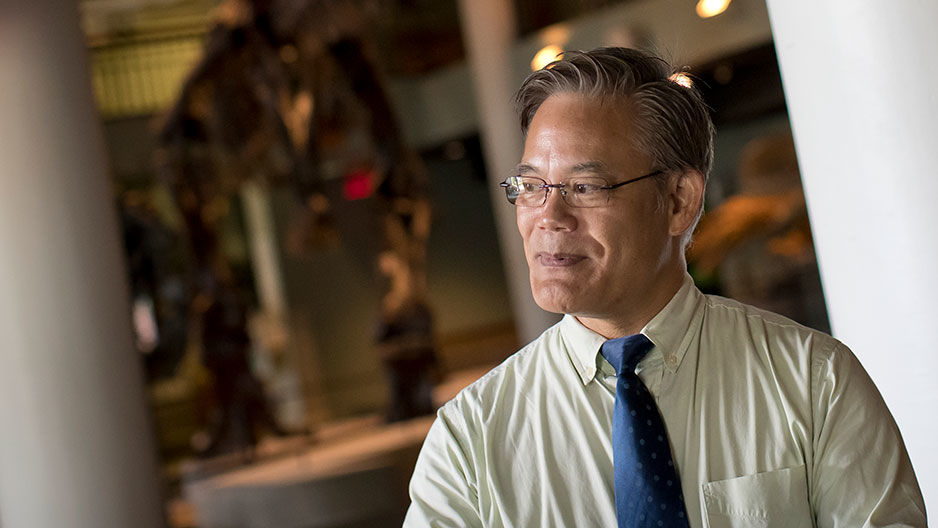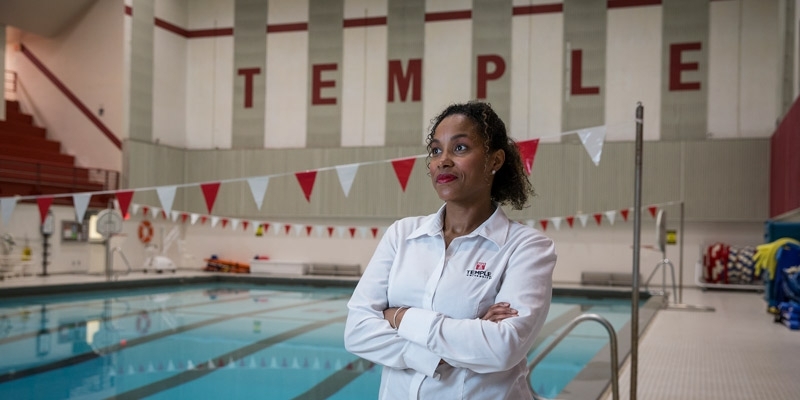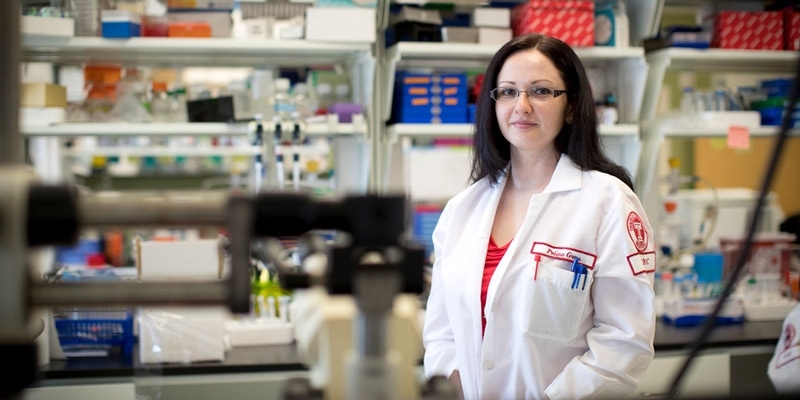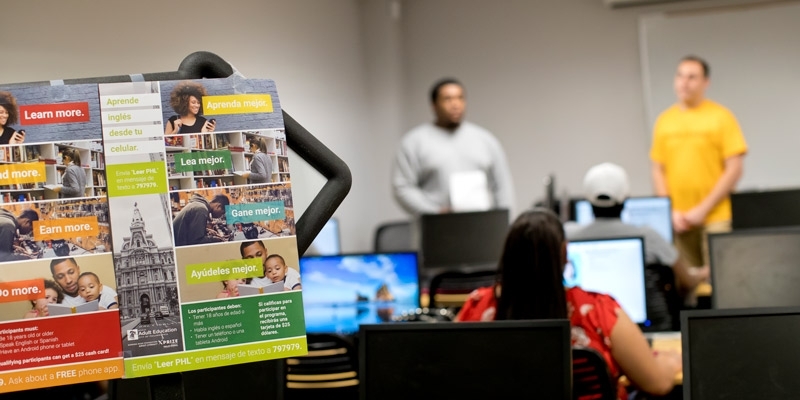The art of inclusion
Occupational therapist Roger Ideishi works with organizations across the country to create cultural and community experiences that welcome families facing disability.

When Roger Ideishi sent his graduate students into the Philadelphia community more than a decade ago to identify areas of need, they found a huge gap in access for families of children with disabilities.
“Families [had] been telling us that they don’t feel welcome in the community. They are often scrutinized and judged by the public—and not only by the public, but also by public institutions and organizations in the community,” explains Ideishi, director of the College of Public Health’s Occupational Therapy program. “When the family comes to a public space and their child or loved one is acting differently than how the rest of the public or society may act, they often will get judged, they’ll get scrutinized, they will often be asked to leave, which then makes it a very unwelcoming space.”
Since then, Ideishi, who came to Temple more than five years ago, has focused much of his energy on breaking down barriers and creating welcoming spaces for those families through partnering with cultural and arts institutions to provide education and training.
When Ideishi goes to a museum or theater to help create more inclusive experiences, he takes many factors into consideration—asking questions like whether there’s a moment in a performance that may be too loud or too dark for a person with a sensory challenge, or what a family with a child who has autism might need in advance to feel comfortable exploring an exhibit. Accommodations have been widely created for people with physical disabilities, Ideishi explains, but for people with cognitive disabilities or people who process sensations like touch, sound and light differently, support isn’t always a consideration.
For a performance, Ideishi may work with the director and production crew to slightly modify a loud noise, or with educational and communications staff to ensure that families are properly informed to anticipate a blackout scene. At museums, including Philadelphia’s Academy of Natural Sciences at Drexel University, he’s helped train staff and created educational materials and practices that other organizations can replicate.
“One of my agendas is that these organizations fundamentally change the way that they view accommodations, the way they view disability, so it becomes an inherent part of everything they do,” Ideishi says. “Not just what’s easiest to do, such as, ‘Let’s put a ramp in at the entryway,’ but to really create ‘ramps’ for every single person, whether they need a cognitive ramp or sensory ramp or hearing ramp.”
In the decade since he began his quest, Ideishi has worked with cultural and arts institutions across the country, including international organizations such as the John F. Kennedy Center for the Performing Arts and the Smithsonian Institution in Washington, D.C., and local institutions, such as Pittsburgh’s Andy Warhol Museum and Symphony Orchestra. He’s traveled coast to coast to provide support and training and exchanged ideas with colleagues from Australia to the United Kingdom, where inclusion is often handled on a policy level.
Amid the water crisis in Flint, Michigan, which left hundreds of children with lead poisoning and resulting cognitive disabilities, Ideishi traveled to the city numerous times to work with the Greater Flint Arts Council to ensure families facing disability have the same access to arts and cultural experiences as everyone else. Here in Philadelphia, Ideishi continues to work with the Academy of Natural Sciences, one of his earliest partners. Other regional organizations he works with include the Philadelphia Orchestra, People’s Light theater in Malvern, Pennsylvania, and Delaware Theater Company in Wilmington, among others.
Through all of his work, he strives to avoid making major changes to performances or exhibits, instead working to ensure that everyone has access to the same experiences, regardless of disability.
“We always try to remember that the goal is to maintain the artistic integrity of the experience, that we don’t want to create a special event for special people,” Ideishi says. “That’s not our intent, and that really is not what we’re here to do. We’re trying to create an inclusive environment that anybody can come to and experience the same thing.”


